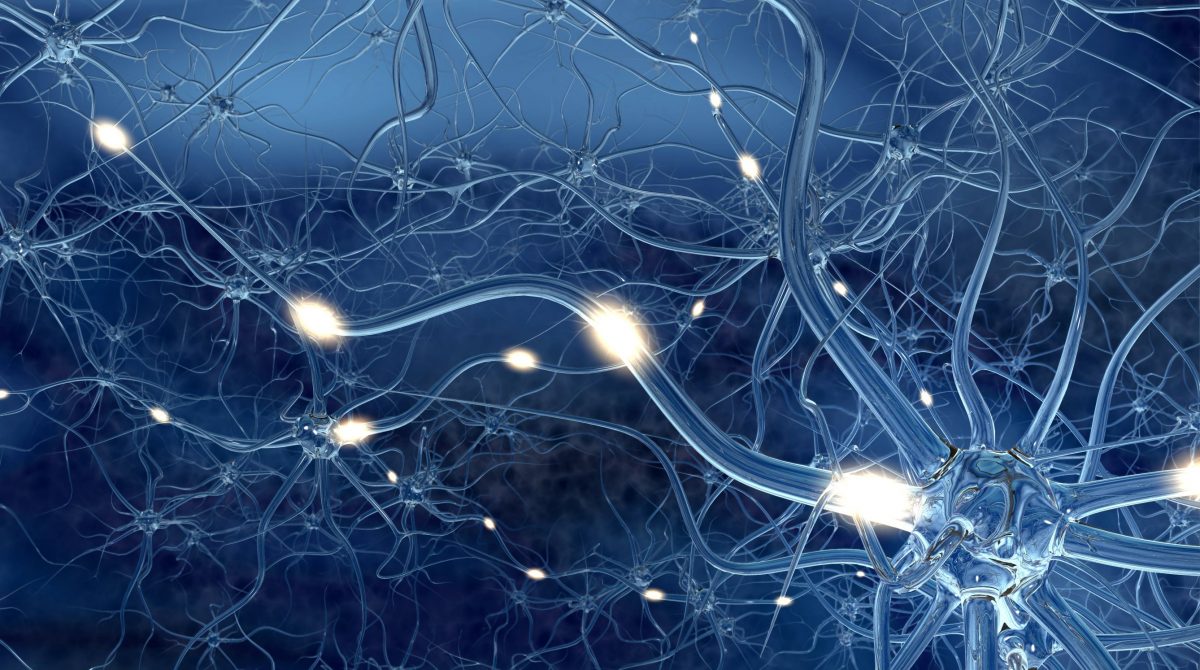Autism is a complex developmental disorder that affects communication and behavior. While the exact cause of autism is not fully understood, it is generally believed to be a combination of genetic and environmental factors. In recent years, there has been a growing interest in the role that the gut microbiome – the community of bacteria and other microorganisms living in the digestive tract – may play in the development and progression of autism. In this article, we will explore the current state of research on the link between gut bacteria and autism, and what this means for parents of children with autism.
The gut microbiome and its role in health and disease:
The gut microbiome is the collection of microorganisms that live in the digestive tract. It is made up of bacteria, fungi, and viruses and is vital for maintaining good health. The gut microbiome plays a role in many physiological processes, including digestion, immune function, and the synthesis of vitamins and other nutrients. It has also been linked to various diseases and conditions, including obesity, diabetes, and inflammatory bowel disease.
How is the gut microbiome related to autism?
Evidence suggests that the gut microbiome may be altered in individuals with autism. Studies have found differences in the types and abundance of bacteria in the gut microbiome of individuals with autism compared to those without the condition. For example, some studies have found that individuals with autism have higher levels of certain types of bacteria, such as Clostridia, and lower levels of other bacteria, such as Bacteroides.
However, it is essential to note that the relationship between the gut microbiome and autism is complex and not fully understood. Some studies have suggested that the differences in the gut microbiome of individuals with autism may be caused by their selective eating habits and other environmental factors rather than being the direct cause of their autism. This means that it is not clear whether the differences in the gut microbiome are a result of autism or whether they are simply a consequence of the condition.
Previous research on the relationship between gut bacteria and autism
There have been several studies that have examined the relationship between the gut microbiome and autism. Some of these studies have found differences in the gut bacteria of individuals with autism compared to those without the condition. For example, one study found that individuals with autism had lower levels of certain types of bacteria, such as Bifidobacterium and Lactobacillus, and higher levels of others, such as Clostridium.
Other studies have looked at the effects of manipulating the gut microbiome on autism symptoms. For example, one study found that giving children with autism a daily dose of a probiotic containing Bifidobacterium and Lactobacillus led to improved behavior and gastrointestinal symptoms.
However, it is essential to note that the findings of these studies have been mixed, and it is not clear whether the differences in the gut microbiome of individuals with autism cause their condition or a result.
The current study on the link between gut bacteria and autism
A recent study published in the journal Nature sought to clarify the relationship between the gut microbiome and autism. The study was conducted by researchers at the University of California, San Francisco, and involved analyzing the gut bacteria of over 1,000 children, including those with and without autism.
The researchers found that the gut microbiome of children with autism was different from that of children without autism. However, they also found that these differences did not cause the children’s autism. Instead, they resulted from environmental factors, such as selective eating habits and antibiotics.
The researchers also found that the gut microbiome of children with autism was more stable over time than that of children without autism. This suggests that the differences in the gut microbiome of children with autism may result from their selective eating habits and other environmental factors rather than the cause of their condition.
Limitations and future directions of research on gut bacteria and autism
It is important to note that this study has some limitations. It was a large study but not a randomized controlled trial, considered the gold standard of scientific research. In addition, the study was observational, meaning that the researchers did not manipulate the gut microbiome of the children in any way. Therefore, it is not possible to conclude with certainty that the differences in the gut microbiome of children with autism are the result of their selective eating habits and other environmental factors.
Further research is needed to understand the relationship between the gut microbiome and autism fully. This could include randomized controlled trials that manipulate the gut microbiome of individuals with autism to determine the effects on their symptoms. It would also be helpful to study the long-term effects of interventions that alter the gut microbiome, such as probiotics or dietary changes.
Implications for parents of children with autism
So what does this research mean for parents of children with autism? First and foremost, it is essential to note that the gut microbiome is just one aspect of the complex etiology of autism, and it is not the cause of the condition. Therefore, manipulating the gut microbiome is unlikely to be a “cure” for autism.
However, the research does suggest that the gut microbiome may play a role in the symptoms of autism, and it may be possible to use interventions that alter the gut microbiome to improve specific symptoms, such as gastrointestinal issues or behavioral problems. Parents need to work with their child’s healthcare provider to determine the best action, as these interventions can have potential risks and benefits.
Summary
In conclusion, the relationship between the gut microbiome and autism is a complex and multifaceted one. While previous research has suggested a link between the two, the current study suggests that the differences in the gut microbiome of children with autism are not the cause of their condition but rather a result of their selective eating habits and other environmental factors. Further research is needed to understand the relationship between the gut microbiome and autism fully and to determine the potential benefits and risks of interventions that alter the gut microbiome.
Reference
Svoboda, Elizabeth. “Could the Gut Microbiome Be Linked to Autism?” Nature News, Nature Publishing Group, 29 Jan. 2020, https://www.nature.com/articles/d41586-020-00198-y.
Chloe Yap MD-PhD candidate, et al. “Gut Bacteria Don’t Cause Autism. Autistic Kids’ Microbiome Differences Are Due to Picky Eating.” The Conversation, 4 Aug. 2022, https://theconversation.com/gut-bacteria-dont-cause-autism-autistic-kids-microbiome-differences-are-due-to-picky-eating-170366.









